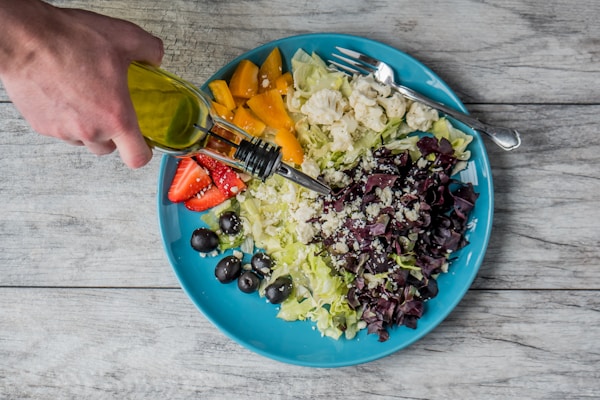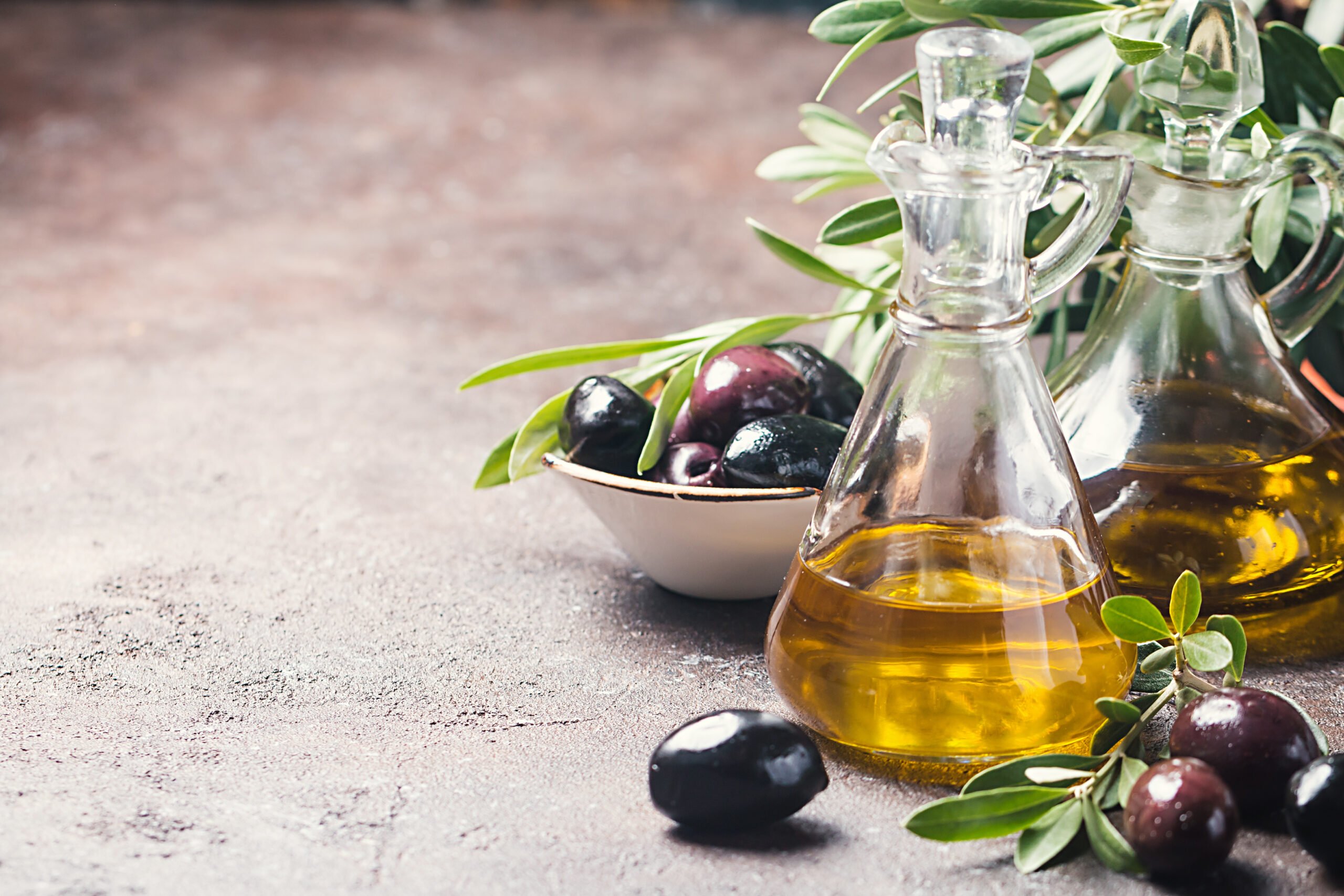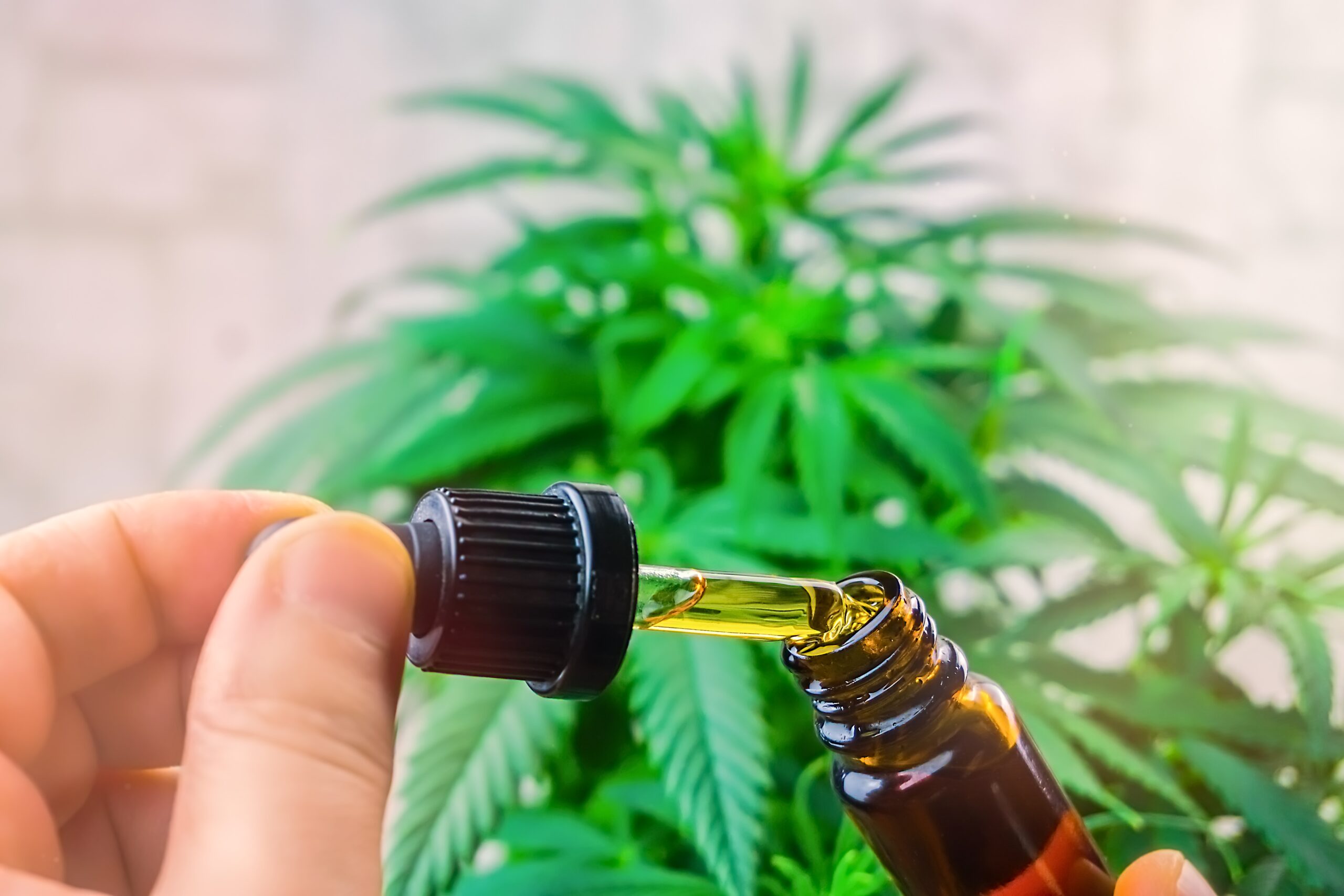Olive oil has been used for centuries for its health benefits, culinary uses, and even beauty treatments. Not only is it one of the most popular cooking oils, but it is also known for its anti-inflammatory and antioxidant properties, which is why drinking olive oil has become increasingly popular. With its many uses and benefits, olive oil is essential in any kitchen. Keep reading to learn more about the many benefits and uses of olive oil.
Nutritional Benefits of Olive Oil

Olive oil is not only a tasty and versatile cooking oil but also offers a range of nutritional benefits. It is rich in healthy monounsaturated fatty acids (MUFA) and antioxidants that can help protect against heart disease and cancer. MUFA has been shown to help reduce bad cholesterol levels in the blood and increase good cholesterol levels, improving heart health. Antioxidants like polyphenols and vitamin E in olive oil also help to protect cells from damage caused by free radicals, reducing the risk of chronic diseases. Additionally, olive oil is a source of vitamin K, which plays a crucial role in blood clotting, and vitamin A, which is important for eye health.
Incorporating olive oil into your diet can also help with weight management. Despite its high-calorie content, studies have shown that consuming olive oil regularly can lead to better weight management compared to other cooking oils. Olive oil has a satiating effect, meaning it can help you feel full and satisfied, reducing the likelihood of overeating. Its anti-inflammatory properties can also help reduce inflammation in the body, which has been linked to obesity and other health conditions.
Culinary Uses of Olive Oil
Olive oil has been a staple in Mediterranean cuisine for centuries, and for good reason. It is not only a healthy cooking oil, but it also adds a unique flavor to a wide variety of dishes. Extra virgin olive oil, in particular, is a popular choice for culinary use as it is made from pure, cold-pressed olives and has a fruity taste and aroma. It is commonly used in salad dressings, marinade, and as a finishing oil for soups, stews, and roasted vegetables. Olive oil can also be used for frying and sautéing, as it has a high smoke point and is resistant to oxidative damage. Its versatility in the kitchen makes it a must-have ingredient for any home cook.
Beauty and Personal Care Uses of Olive Oil

Olive oil has been a staple in the beauty industry for centuries due to its hydrating and nourishing properties. It contains essential fatty acids that help to moisturize and protect the skin, as well as antioxidants that combat free radicals and prevents premature aging. Olive oil can be used as a natural cleanser to remove dirt and makeup, as a gentle exfoliant when mixed with sugar or salt, and as a moisturizer when applied directly to the skin. It can also be added to hair products to condition and strengthen hair, or used as a hair mask for deep conditioning. In addition to its moisturizing properties, olive oil has been found to have anti-inflammatory and antibacterial properties, making it an effective remedy for various skin conditions such as eczema, psoriasis, and inflamed acne.
Overall, olive oil is a versatile and beneficial ingredient that can be used in a variety of ways, from cooking to skincare. With its numerous health benefits, it is no surprise that olive oil has become a staple in many kitchens around the world. Additionally, its natural antioxidant and anti-inflammatory properties make it an ideal choice for many people looking to improve their overall health and well-being.













